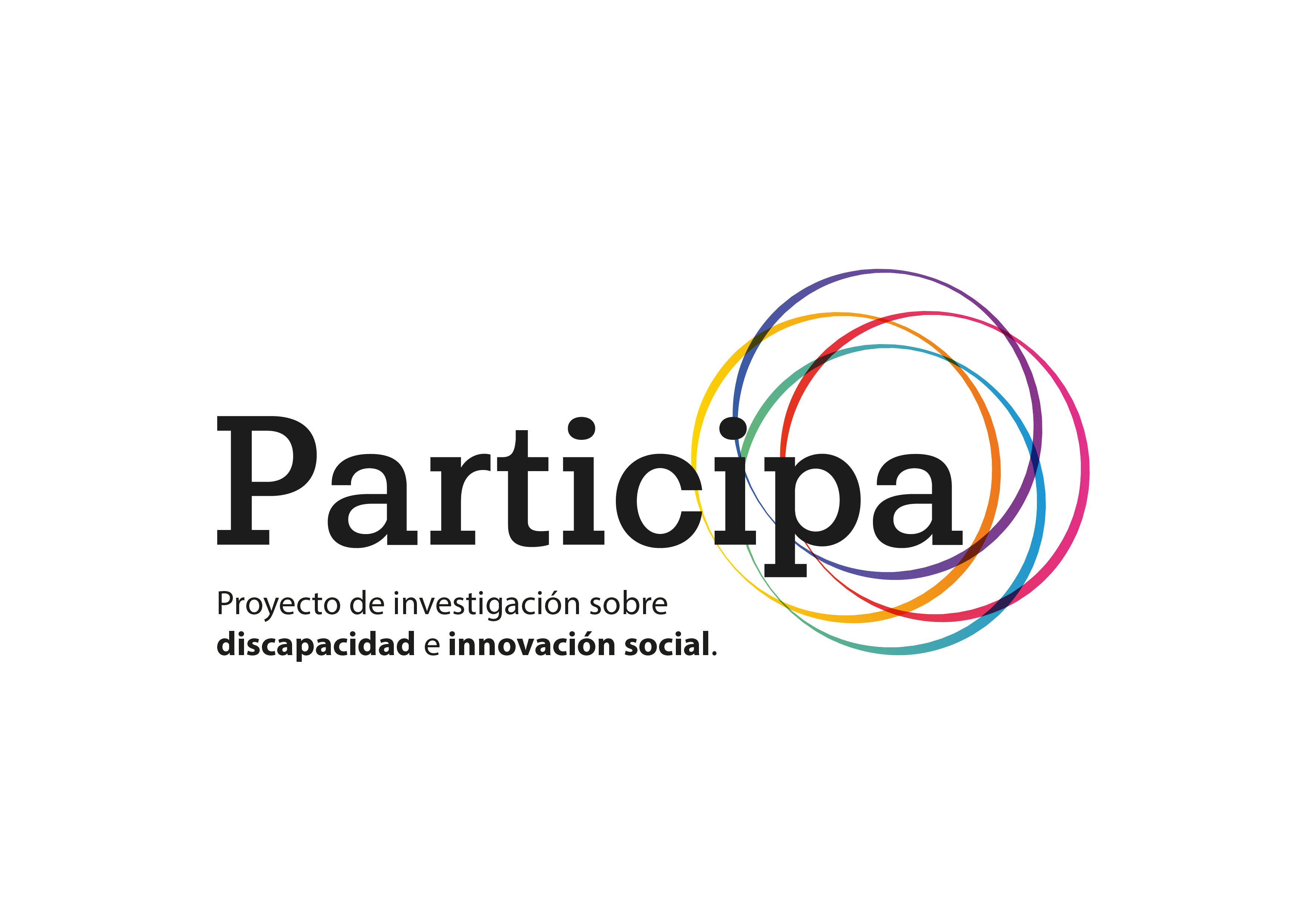Interpersonal relationships are one of the fundamental dimensions of quality of life, essential for human development and life satisfaction. The PARTICIPA project of the Institut Guttmann, which aims to identify the barriers and facilitators that determine the daily lives of people with disabilities, has studied this factor in a cohort of more than 2,000 people with disabilities from all over Spain. The results indicate that 15.8% of people feel “isolated from others” and 17.3% perceive that “people are around them, but not with them”. These data have been published in the Revista Española de Discapacidad (Spanish Journal on Disability).
Some of the indicators that determine the quality of interpersonal relationships are social relationships, having clearly identified friends, family relationships, positive social contacts and relationships and sexuality. All these factors are closely related to promoting participation in society. “However, people with disabilities often experience social barriers, which are a consequence of the way we understand and treat disability, i.e. our views and attitudes”, says Blanca Cegarra, PARTICIPA researcher and first author of the article. Stares from strangers, jokes about disability, unpleasant comments or avoidance of contact are some of these social barriers, “much less visible than architectural barriers, but just as decisive”, says Cegarra.
Researchers point out that these types of situations can be aggravated when people with disabilities are also victims of racial or sexual identity discrimination, among others. Or because they do not have a normative body that conforms to a certain aesthetic standard. The project participants point out that beautiful people have an “easier time” in certain situations; but in others, disability becomes “even more tragic for people who have access to the privilege of beauty”, the article notes. In this sense, a volunteer highlights in the Forum a recurring phrase in her life: “Poor girl, so pretty she is”.
Structural disability
The article also addresses the “structural disability” phenomenon, which encompasses barriers that act from outside the individual – such as inaccessible places – causing both physical and social exclusion of the person with a disability. Alina Ribes, PARTICIPA researcher, explains that in the project’s Forum, where volunteers share their personal experiences, it is clear that “inaccessible spaces can make a person with a disability feel like a ‘burden’. Having to buy tickets for a concert separately from the rest of the group, entering the venue through a different access and watching the show from a reserved space, away from friends, is a form of social discrimination that isolates”.
The researchers argue that universal accessibility is a right, but also an opportunity. “Diversity brings new perspectives and, therefore, greater creativity to design spaces for participation that will ultimately benefit not only people with disabilities, but also other groups, such as the elderly or families,” says Cegarra.

